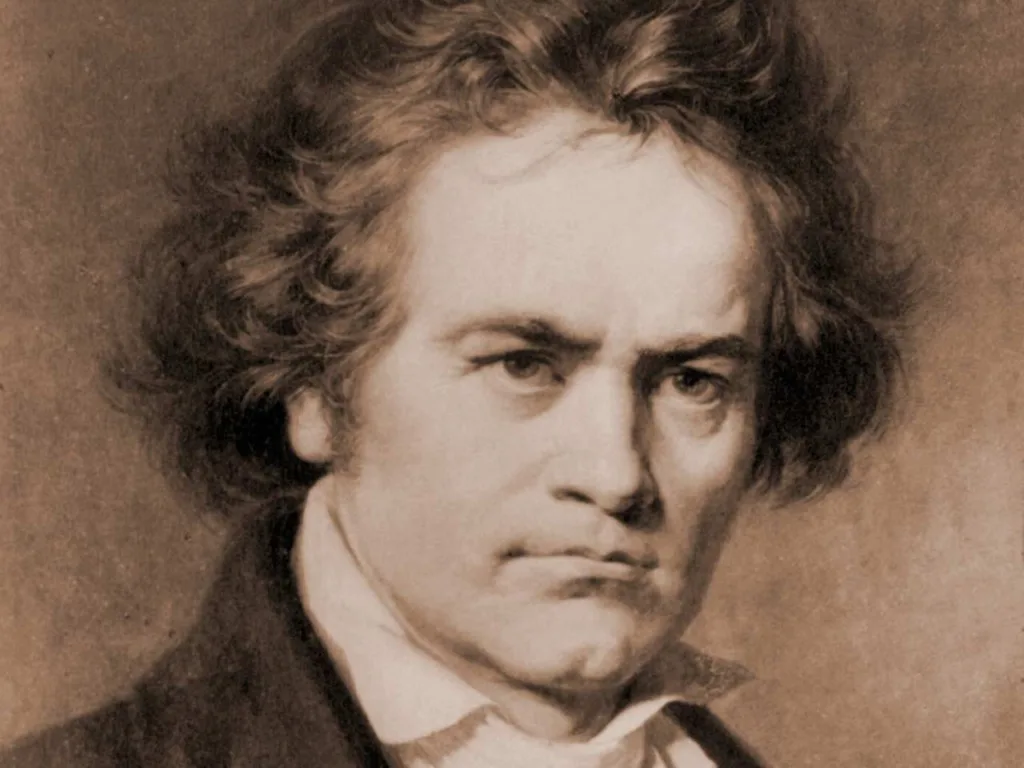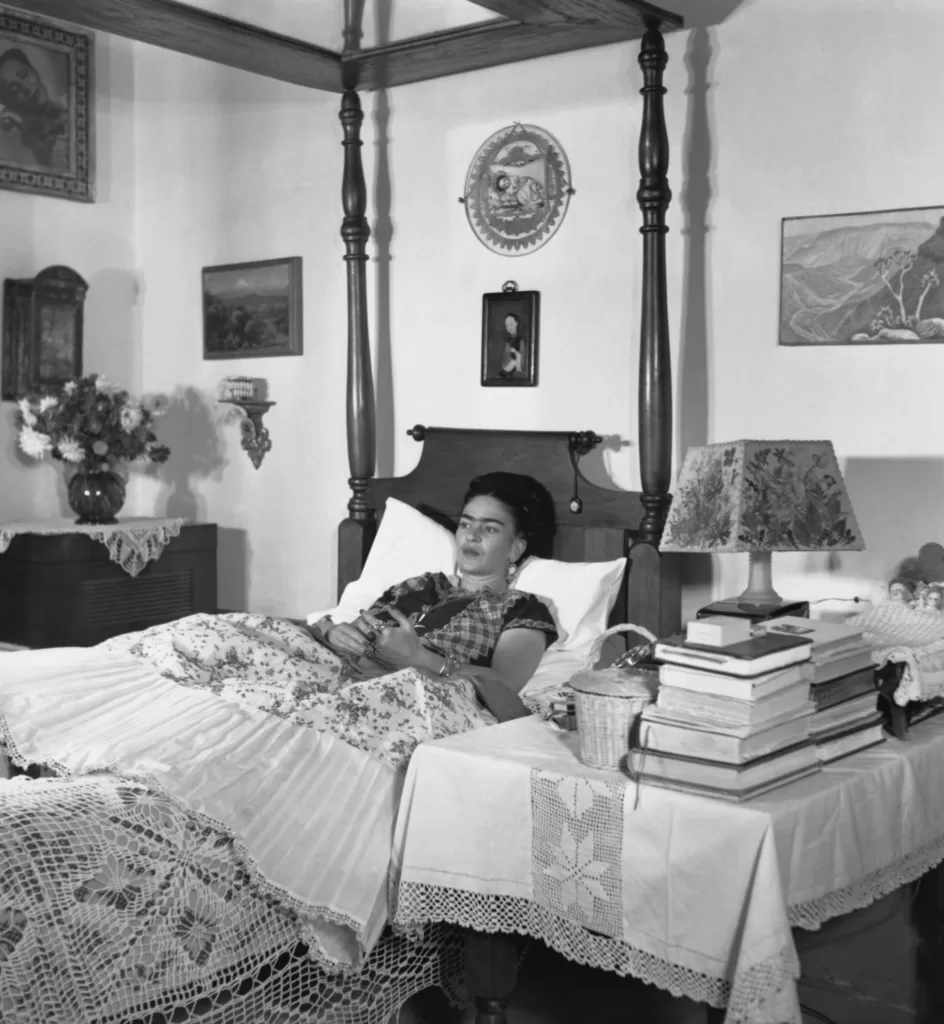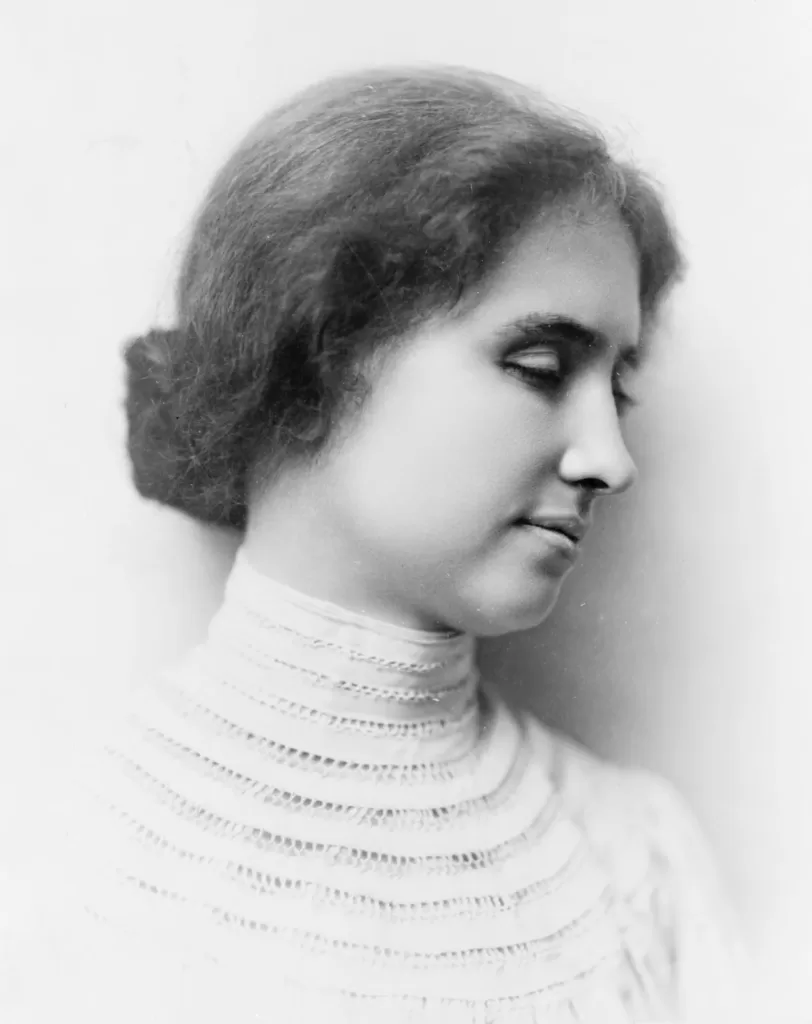Updated on August 24, 2025

Ludwig van Beethoven remains one of the most iconic and influential figures in the history of Western classical music. His compositions, from symphonies and sonatas to string quartets and piano concertos, have left an unforgettable mark in music. While many aspects of Beethoven’s life and work are widely known, some lesser-known facts shed light on the legendary composer’s complex life.
Here are 20 things you didn’t know about one of the most revered figures in the history of Western Classical music.
- Ludwig van Beethoven’s exact birthdate is not precisely known. Although sources say he was baptized on December 17, 1770, there’s no official birthdate record. This wasn’t uncommon in the 18th century because high infant mortality rates often led to baptisms soon after birth. Historians believe Beethoven was likely born between December 15 and December 16.
- Beethoven came from a modest family in Bonn, Germany, deeply passionate about music. His grandfather was a talented musician, while his father, Johann van Beethoven, served as a tenor at the Elector’s Court. Unfortunately, his father was known for his harshness, struggles with alcoholism, and not as talented.
- His father pushed him into performing. Ludwig’s father was an influential part of his young son’s life, but he was too harsh on the young Ludwig. He began piano lessons at a very early age. However, his father’s harsh and demanding teaching style didn’t cultivate the overnight success he may have envisioned. He pushed him to practice daily and night because he wanted him to reach Mozart status.
- During his childhood, Beethoven mastered the piano, organ, and violin. He showcased his musical talent at the young age of seven during his debut concert. By the age of 12, Beethoven was already composing pieces with whimsical titles like “Lied an einen Säugling” (Song for an Infant) and later, “Elegie auf den Tod eines Pudels” (Elegy on the Death of a Poodle).
- Beethoven had the opportunity to perform for Mozart, who was considered Vienna’s greatest composer and musician. While Mozart typically showed little interest in other musicians because of his exceptional talent, he took notice when the 17-year-old Beethoven played on the same stage during a performance in Vienna. Impressed by Beethoven’s talent, Mozart told his colleagues that the world should keep an eye on Beethoven, as he would undoubtedly contribute something valuable to the world one day.
- Beethoven’s music is complex, with lots of notes and patterns. But math wasn’t his strong suit. Even though his music involved a lot of counting, Beethoven struggled with numbers. He stopped school around age 11 and only learned how to add and subtract. He struggled with multiplication and division. This made it challenging for him to keep track of his money later in life. In one letter, he even called himself a “bad businessman” when it came to numbers.
- Despite having six other siblings, Beethoven experienced the loss of four of them during his lifetime. He had a total of seven siblings and step-siblings. Sadly, the majority of them passed away during childhood, though a few were able to reach adulthood.
- Beethoven consistently regarded his share of inheritance for his nephew Karl as non-negotiable, opting to accumulate debts rather than parting with them. However, in September 1821, facing a severe decline in his financial health due to prolonged illness, he reluctantly sold one share.
- In January 1827, Beethoven officially designated his nephew Karl as the sole heir of his possessions, including seven bank shares.
- The final movement of Beethoven’s Ninth Symphony is widely renowned, notably for its adaptation of Friedrich Schiller’s poem “Ode to Joy.” Despite Beethoven’s deafness when he composed it, he couldn’t hear the thunderous applause at its premiere on May 7, 1824.
Source: Biography.com
- Beethoven invested a decade in composing an opera, with Fidelio as his sole contribution to the genre among his numerous works. Given the extensive time he dedicated to writing and revising its score, it’s understandable that he never pursued another opera.
- Today, the original version of his opera, known as Leonora, is still occasionally performed onstage, serving as a testament to Beethoven’s enduring legacy. This remarkable fact about Beethoven continues to captivate audiences to this day.
- Beethoven’s struggle with hearing loss commenced at the age of 28, reaching complete deafness by 44, possibly stemming from compression of the eighth cranial nerve due to Paget’s disease of bone. Some of the physical symptoms of this condition included an enlarged head, prominent forehead, large jaw, and protruding chin, a characteristic associated with Paget’s disease. Over time, the enlargement of bones led to difficulties and couldn’t fit into shoes and hats properly.
- During the Second World War, the BBC used Beethoven’s 5th Symphony to start its secret broadcasts (Radio London). They played the famous “pom pom pom” from the Symphony, which translates to the letter “V” in Morse code, symbolizing Victory.
- Beethoven’s interests extended beyond music. He was interested in philosophy, literature, and politics. At the beginning of his music, he often celebrated themes of heroism. A staunch admirer of the French Revolution, he dedicated his Third Symphony, the “Eroica,” to Napoleon.
- At 46, Beethoven experienced complete deafness, rendering him unable to conduct an orchestra. Nevertheless, he continued composing until his passing in 1827 at 56 years old. Over these ten years, he created some of the most exquisite pieces in his catalogue.
- Beethoven remained unmarried throughout his life, though he experienced love on multiple occasions, often with women who were already married or unattainable. His deep commitment to his art and the progression of his deafness likely contributed to his not committing to a long-term relationship or finding lasting happiness.
- Notably, Beethoven wrote a passionate love letter that remained unsent until after his passing. In it, he addresses the recipient as “my Immortal Beloved,” yet her identity remains an enigma to this day.
- Throughout his life, the composer battled numerous health issues. He endured chronic hepatitis, jaundice, colitis, various skin ailments, rheumatic fever, and cirrhosis of the liver. By the time of his passing in 1827, at the age of 56, he had to undergo the draining of 25 pounds of water from his abdomen.
- Beethoven often wrote letters to his younger brothers. When he recognized his hearing loss was irreversible, he wrote what’s known as the Heiligenstadt Testament in 1802. These letters shared his acceptance of his condition and determination to overcome it. Sadly, Beethoven never sent them to his brothers; they were found in his study after he passed away.
RELATED
Ray Charles: 20 Things you didn’t know about the legendary musician and pioneer of soul music
Andrea Bocelli: 20 Things you didn’t know about the most successful classical artist of all time
Franklin D. Roosevelt: 20 Things you didn’t know about the 32nd president of the United States
Temple Grandin: 20 Things you didn’t know about the world-renowned spokesperson for autism
Michael J. Fox: 20 Things You Didn’t Know About The Iconic Canadian-American Actor And Advocate



